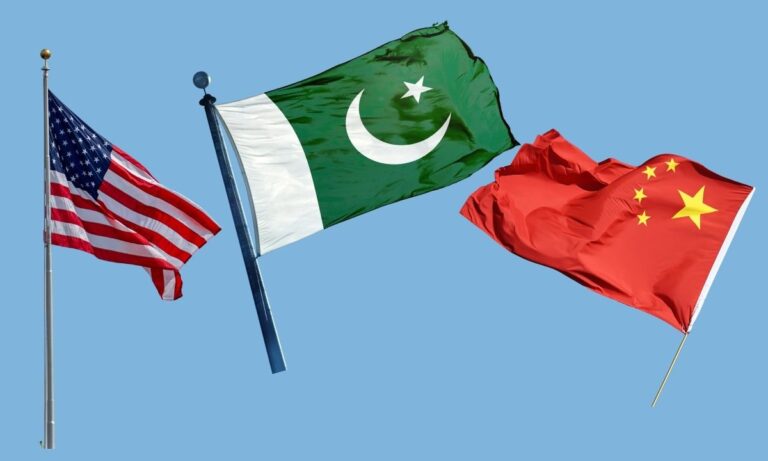Pakistan has decided not to seek monetary assistance from the United Nations or any other agency for the rehabilitation of flood victims and pledges to manage through the effective use of its domestic resources.
Prime Minister Shahbaz Sharif, in a recent meeting of the cabinet, said that the government has decided in principle that Pakistan would not lodge any appeal with the United Nations or any other agency for monetary assistance, and that the crisis would be managed through effective use of Pakistan’s own resources.
Premier drew the Cabinet’s attention to the vast devastation caused by the torrential rains and floods in Khyber Pakhtunkhwa, Gilgit-Baltistan, Azad Jammu and Kashmir, and Punjab.
The Prime Minister apprised that the waters were now entering the Province of Sindh. He noted with grief that almost a thousand precious lives had already been lost in the havoc that had been caused.
He shared that a damage assessment exercise was being carried out to accurately estimate the losses incurred in the agriculture sector, as the floods had severely damaged crops of rice, maize, sugarcane, and cotton, and that hundreds of thousands of acres of agricultural land had been completely submerged with flood waters.
He also further added that it had been decided in principle that Pakistan would not lodge any appeal with the United Nations or any other agency for monetary assistance, and that the crisis would be managed through effective use of Pakistan’s own resources.
The Prime Minister further shared with the Cabinet that Pakistan was confronted by twin emergencies: the climate emergency and the agriculture emergency, and called upon Cabinet members for their views on the best way forward to deal with the effects of climate change and its impact on the agriculture sector.
The Cabinet Members have given several recommendations for the assistance of flood-affected farmers.
They have noted that agriculture and climate change have devolved to the provinces. Therefore, they also recommended devising any agriculture or climate change-related programmes in consultation with the Provinces. They further said that provinces should fund these programmes.
They further said that the federal government had no funds to support the provinces in carrying out such programmes. They also suggested well-thought-out actions to impose the proposed emergencies that would lay out strategies to handle the issues of agriculture and climate.
They also recommended following a two-pronged strategy to adopt for agriculture, which included short-term and long-term measures. They were of the view that the government could provide relief to the farmers by following these two strategies.
Cabinet members also proposed to hold a meeting of the ‘Pakistan Climate Change Council’ established under the Pakistan Climate Change Act, 2017.Progress on Flood-Hit Power Restoration
This council included Ministers of Provinces as members. They also argued that the council should propose effective strategies on agriculture and climate change while consulting the relevant stakeholders.
They also proposed that Zarai Taraqiati Bank should waive the agriculture loans for those farmers who were affected in the flood-hit areas. They also proposed rescheduling of the loans.
They also suggested not to announce the wheat support price at this time, which would also benefit the hoarders. However, they stressed that the province should devise a support price mechanism to back the farmers. They also asked to take farmers on board while devising the incentive package for the farmers.




